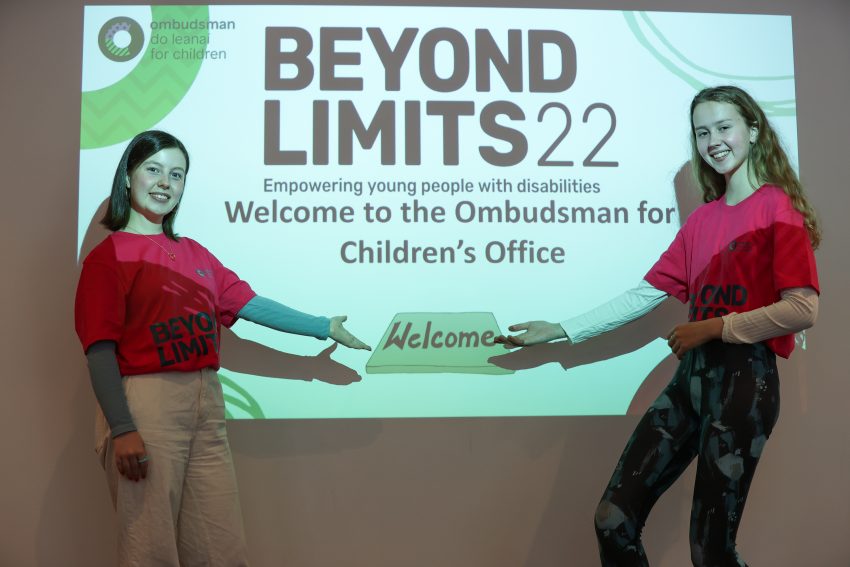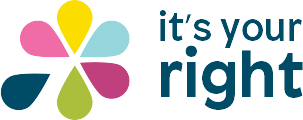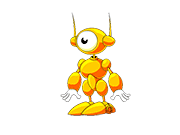You are here:
Hidden Disabilities by Eva Grace, OCO Guest Writer
15 August 2022

This article was written by Eva Grace, who is a member of our Beyond Limits Youth Advisory Panel. Eva is also the Irish Second-Level Students’ Union’s Disability Officer and an activist from County Meath. As Disability Officer, Eva represents second-level students in Ireland that have a disability and advocates for them to make school a better and more equal place for students with disabilities.
Disabilities are conditions that affect a person’s movements, senses or abilities. Basically, this means that people with disabilities may have trouble doing some things that other people would find easy. Disabilities affect people in every aspect of their lives, including school, work and sport, and some disabilities make life a lot more difficult.
In the 2016 census, there were 643,131 people in Ireland registered with a disability. Disabilities can be visible or hidden. Neither one is more important than the other, but sometimes people with hidden disabilities do not receive the same amount of support.
Hidden disabilities are disabilities that are not immediately obvious to you about a person, i.e., they don’t “look disabled”. There is a huge range of hidden disabilities, some more common than others, such as ADHD and Autism. They can take a lot longer to diagnose and there isn’t always as much support available to people with hidden disabilities. Hidden disabilities are represented by the sunflower symbol, and some people with hidden disabilities may wear a sunflower lanyard to let people around them know that they have a disability.
The most important things for all people with disabilities, as well as everyone else, are equity and equality. Equality is where everyone is given the same building blocks and they all reach an outcome with these resources. The results are not equal, but the resources are. Equity is where everyone is given the exact resources they need to be able to reach an equal outcome. The resources are different, but the outcome is equal.
The UN Convention on the Rights of a Child has a whole section on children with disabilities and their rights! Some of these include the right to a full life and the right to special care. In Ireland, The Equal Status Act protects its citizens from all types of discrimination, including discrimination based on disabilities.


